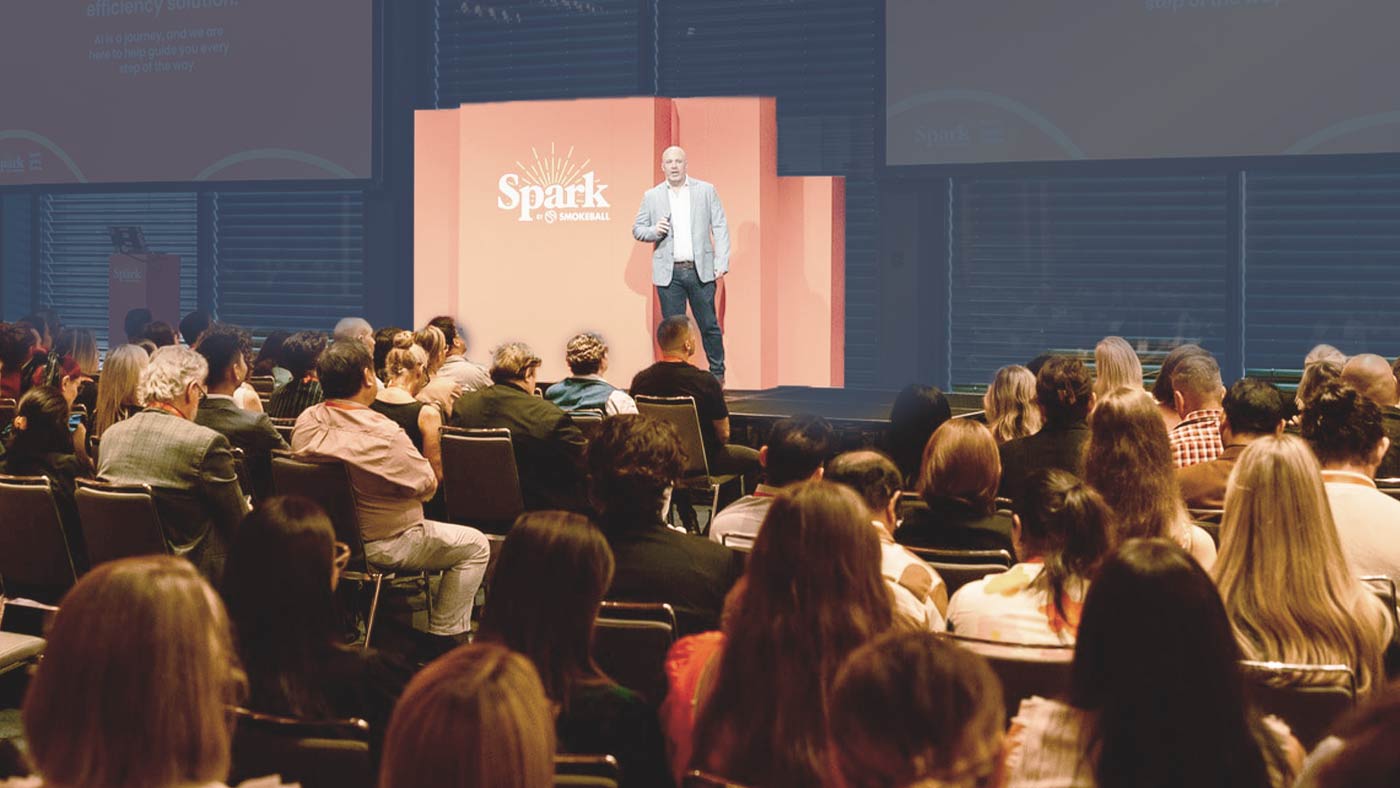January Webinar: Improve Your Mental Health with Cognitive Kindness
Written by
|
March 14, 2022
Written by Smokeball
|
March 14, 2022

Written by Jordan Turk
|
March 14, 2022

Typically, the courtroom isn’t a place where empathy or compassion are practiced between two opposing parties — nor do you see any type of vulnerability between counsels. But this can be detrimental to attorneys’ mental health and overall wellbeing, says Chelsy Castro, JD, MA, MSW, LCSW.
The attorney-turned-therapist joined Smokeball on Jan. 29 for our latest CLE webinar, “The Practice of Cognitive Kindness for Improved Performance in the New Year.” As 2022 gets under way, the session provided attorneys an opportunity to take a new approach to their mental health.
Cognitive kindness is the ability to prioritize our cognitive abilities, making more logical thinking accessible to ourselves and others. When attorneys ignore their cognitive abilities — switching off empathy and compassion and only focusing on the facts — it can lead to increased anxiety and depression. These behaviors, Castro said, combined with life factors including finances, health or lack of time spent with family and friends can make lawyers a vulnerable population.
To enable effective communication in the courtroom, Castro said, attorneys must understand the needs, motivations, intentions and perceptions of everyone present. Practicing cognitive kindness in our communication with legal colleagues can improve the lawyer mental health crisis, while also allowing us to be more in tune with addressing unspoken anxiety, depressions and or any other issues a person may be going through.
Castro included a few proactive tools and techniques for cultivating cognitive kindness to effectively communicate with others, including the importance of challenging your own thinking. The process of effective thinking leads to effective communication, which becomes imperative when listening and recognizing client concerns. It may sound cliché, but cognitive kindness takes effort from everyone involved. Taking the steps to understand this powerful way of thinking and turning those into conscious actions is the first way you can achieve cognitive kindness.
Did you miss our CLE-sponsored webinar, “The Practice of Cognitive Kindness for Improved Performance in the New Year”? Watch it on demand here and earn CLE credit in your jurisdiction.
- If you or someone you know are experiencing suicidal thoughts or are worried about a loved one, the National Suicide Prevention Lifeline (800-273-8255) is available to help 24/7/365.
- Want more tips to support your mental health while working remotely? Download “The Healthy Remote Lawyer: A Guide to Improving Your Mental and Emotional Health.”
Learn more about Smokeball document management for law firms:
Book Your Free Demo
Ready to see how Smokeball client intake software helps you Run Your Best Firm? Schedule your free demo!











